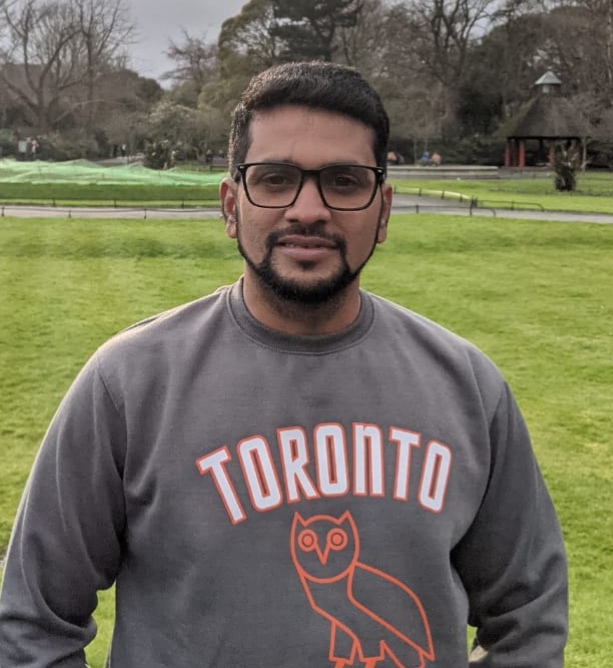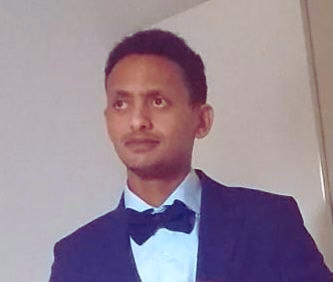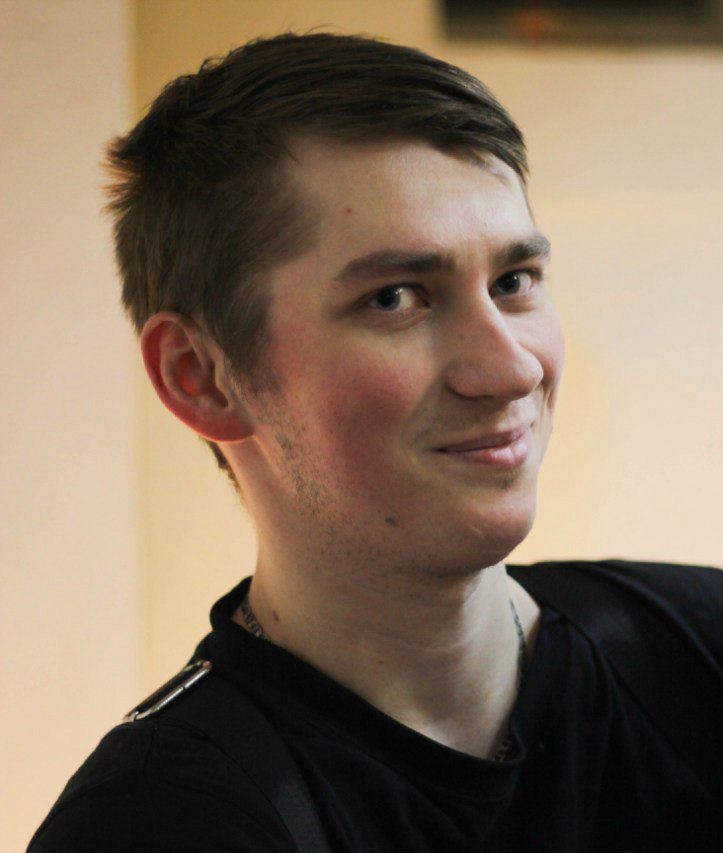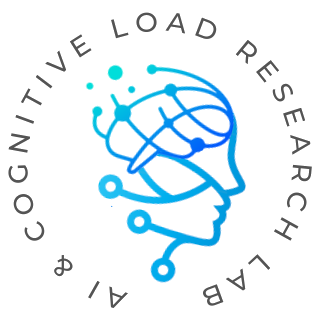
Longo's AICL Lab
Artificial Intelligence & Cognitive Load Research Lab
Supported by IBM, it leverages on its Power processor-based technology. We use the physical servers and software made available under the IBM Power Academic Initiative umbrella, and IBM Power Virtual Server on IBM Cloud.
The discipline of Artificial Intelligence (AI) has been drastically influencing the society, and since its inception in the 1950s, it has evolved in many different ways. Originally constrained in laboratories, where the foundations of AI were laid, it is now a wide field of research, with many ramifications. AI grew from a bunch of small-scale ideas to important research areas such as machine learning, reasoning, natural language processing, robotics, planning and perception as well as computer vision. This evolution was followed by a plethora of applications in fields such as medicine and health-care, finance and marketing, the entertainment and gaming industry, transportation, military and safety critical fields, as well as more recent such as in education and neuroscience. The development of artificial intelligence is in full speed, powered by advances in machine learning that are supporting the creation of technologies that are changing and re-shaping people`s everyday lives such as self-driving cars and chat-bots just to mention a few. Humans have now the possibility to augment their lives by interacting with technologies and interfaces that are multi-modal in nature, through the use of different senses, including touch, sight, smell and taste. However, the design of these technologies is far from being a trivial task, since the human is at the center and ultimately the final consumer. Therefore, it is not only a matter of designing good algorithms, but rather shaping technologies that learns from human input and collaboration in a closed loop, and can continuously improve themselves while providing an effective experience to their consumers. One emerging and multidisciplinary exciting field of research focuses on cognitive load modeling whereby the cognitive activation of humans, interacting with these multi-modal technologies, can be assessed in real-time and can serve as a meaningful information to both understand users behavior and, in turn, provide rich input to AI-based systems. By developing intelligence machines, with a goal of understanding human behavior, language and emotions, the Artificial Intelligence and Cognitive Load Lab (AICL) performs exciting research aimed at pushing the boundaries of artificial intelligence and bridging the gap between machines and human beings.
Equality, Diversity and Inclusion Statement
The AICL lab and its members believe that science is much better with a diverse team. Optimal science not only benefit from diversity, but requires it to address scientific problems from innovative, novel and unique perspectives. We embrace and respect all aspects of the identities of our members including age, disability, ethnicity, family or marital status, gender identity or expression, origin, political affiliation, race, religion, sexual orientation, socio-economic status. The AICL Lab is dedicated to building a diverse and highly inclusive academic community creating a supportive environment by providing resources for individuals to navigate the systemic obstacles in the broader fields of Computer Science, Neuroscience, Education and academia. Recognizing as human beings we are all 'work in progress', we dedicate time and space to continuing to learn with the aim of collectively source tools and resources to offer. We vow to purposefully identify, discuss and challenge issues of race and color and their impacts to science and academia. We keep challenging ourselves and each other for understanding and continuously correcting any potential inequities and gain a better understanding of ourselves. We apply a community of inquiry approach to learning, actively engaging in difficult but constructive dialogues in order to promote understanding and deepen perspectives.
Awards
- Best Application of AI in an Academic Research Body (AI Ireland awards, 2023 YouTube)
Credits
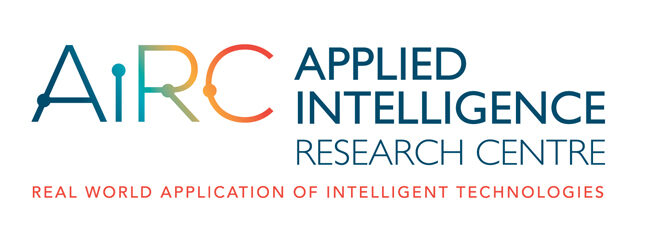
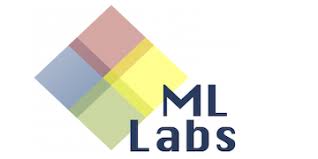
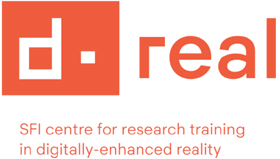
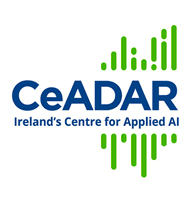
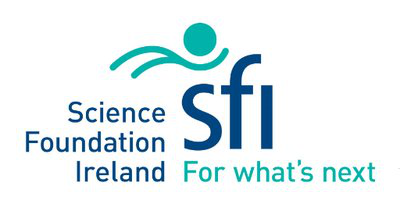



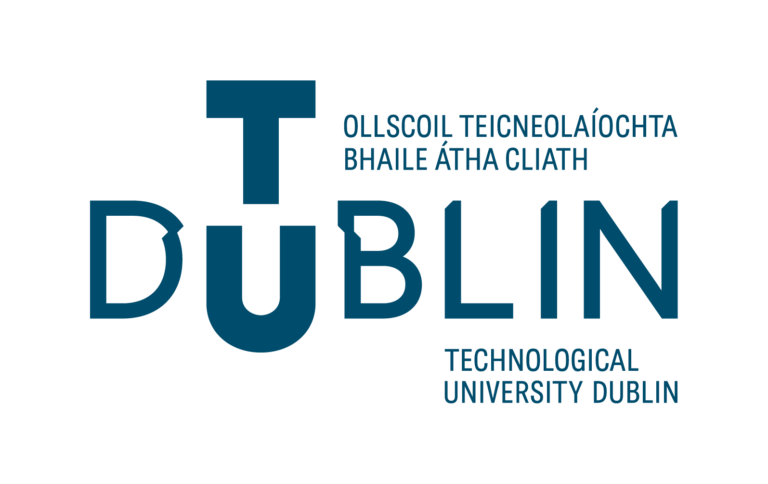
Active members
Dr. Luca Longo
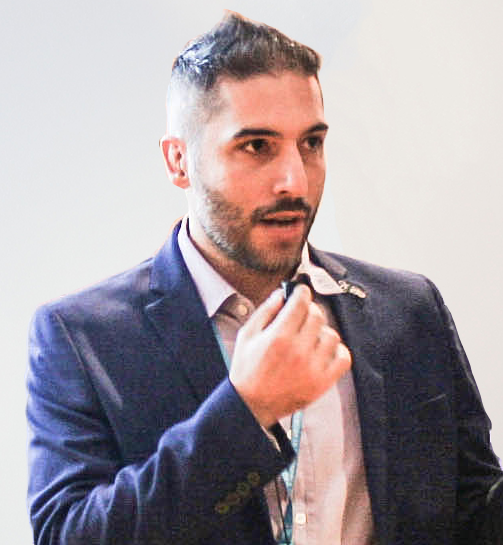
Dr. Bujar Raufi
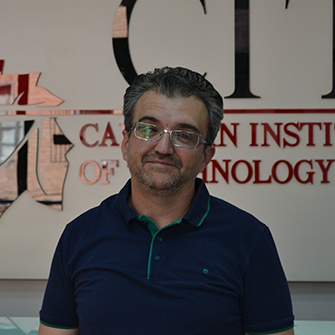
Carlos Gómez
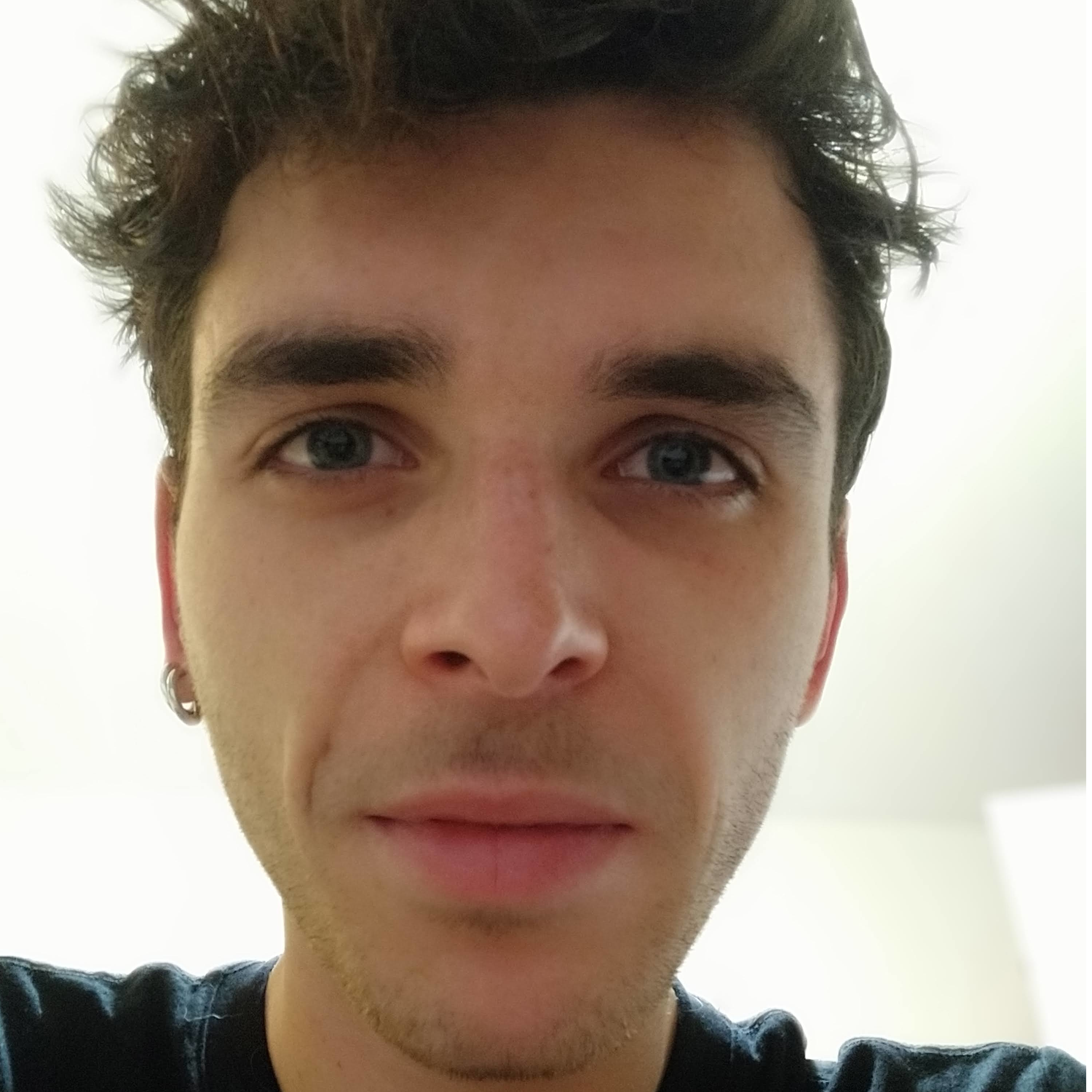
Aparna Nayak
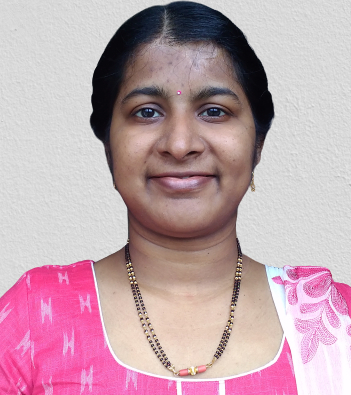
Awais Manzoor
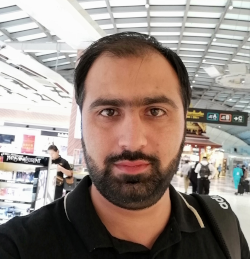
Arjun Vinayak Chikkankod

Gargi Gupta
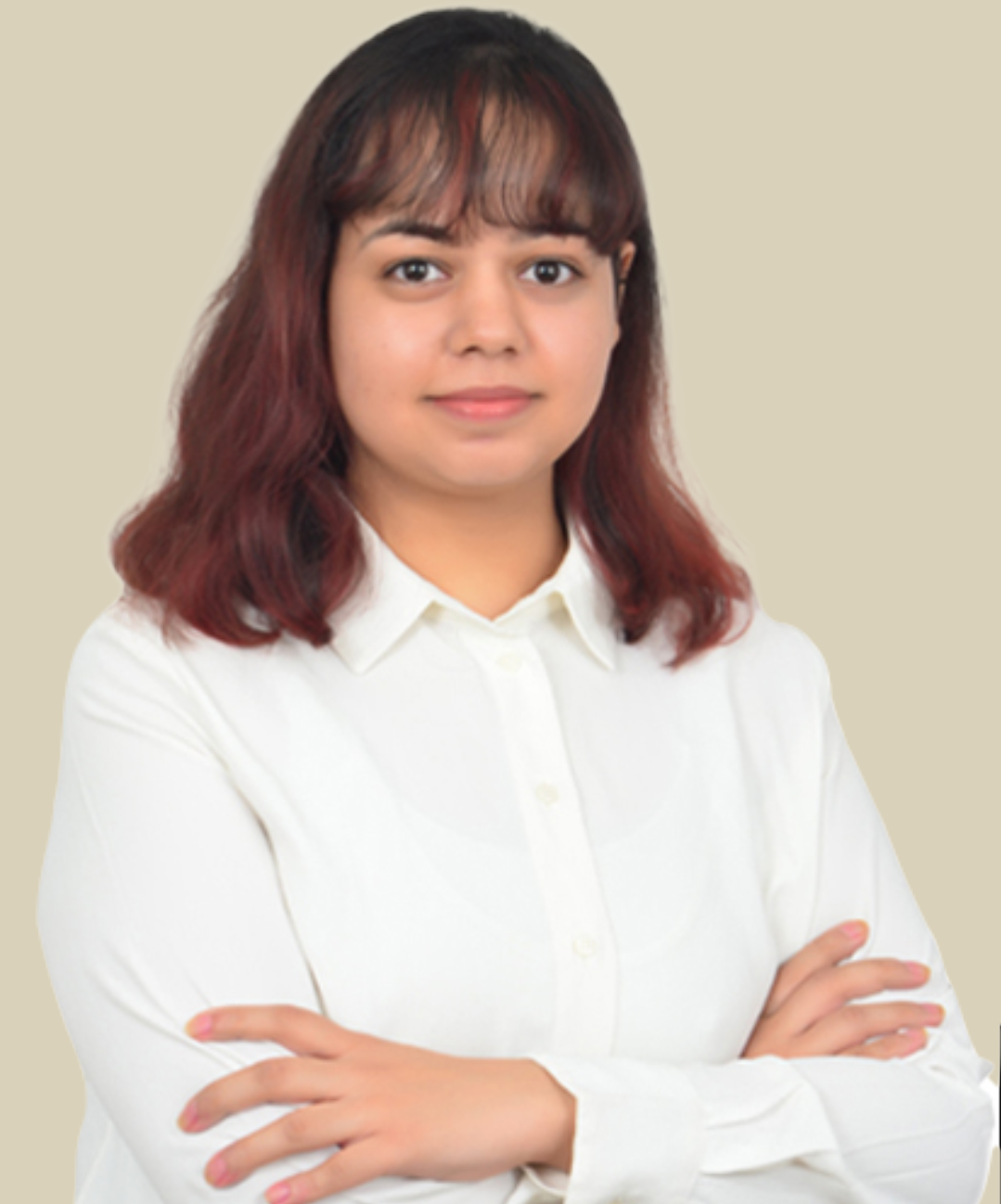
Sanjay Kumar

Sanat Thukral
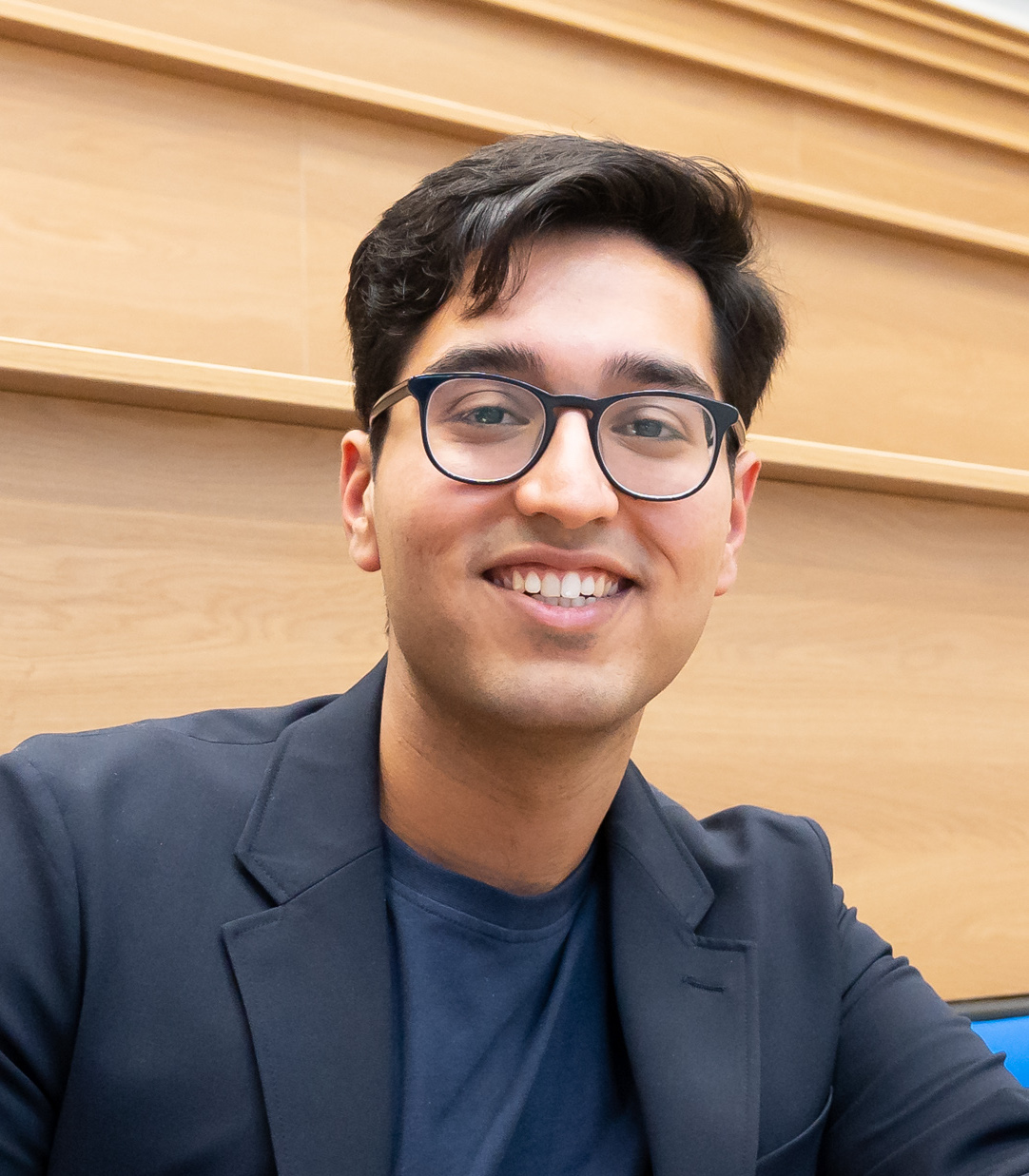
Oleksandr Davydko
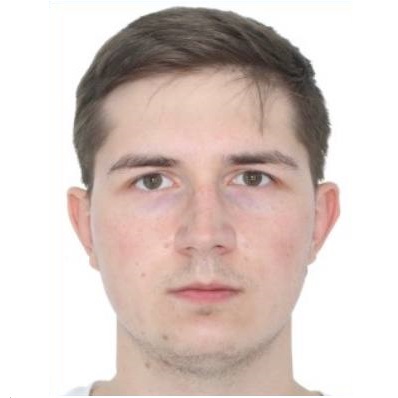
Alumni
PhD research candidates
- Dr. Lucas Rizzo
- Dr. Giuliano Orrù
Post-doctoral researchers
- Dr. Hao Chen
- Dr. Bujar Raufi
Lab researchers
- Karim Moustafa
- Sagar Saxena
- Beth Walsh
- Hithesan Pandian
- Matthew Rigney
Master students
- (2022/2023)
- Urku Allende, Robert O' Sullivan
- (2021/2022)
- Matthew Rigney, Patrick O Neill
- (2020/2021)
- Murali, Rajendran, Cora McKenna, Caleb Ajayi
- (2019/2020)
- Esra Aynali, Eoghan Keegan, Amisha Mehta
- (2018/2019)
- Raunak Renge, Mrunal Tipali, Nha Nguyen, Alexander Suvorov, Conor Hanrahan
- (2017/2018)
- Luis Alfredo, Hardik Thakkar, Catherine Roche (Best MSc student), Paul Mara, Kieran O’ Sullivan, Akshatha Kallappanamatt
- (2016/2017)
- Dmitrii Gmyzin, Joaquim Romero, Kieran O’ Sullivan, David Kennefick, Victor Aruba, Henrik Szucs, Stephen Lynch, Haritha Vellampalli, Priyanka Sonkar
- (2015/2016)
- O'Donnell Philip, Venkatesh Vijayakumar, O’ Doherty Richard, James di Padua (SAS price - best MSc marks), Hithesan Pandian, Noel Rogers (SAS price - best MSc marks), Stijo P. Moni
- (2014/2015)
- Cormac O’ Connor, Aiden O’ Conor, Peter Holland, Atul Swami, Peter Keogh, Joseph Gallagher, Maryam Bukhamsin, Ahmed Alshaya, Alqarni Faisal
- (2013/2014)
- Orla Dunbar, Jun Gu, Joel Matthew, Sarfraz Ramay
- (2011/2012)
- Lucia Noce, Fabio Rusconi
- (2010/2011)
- Davide Albertini


